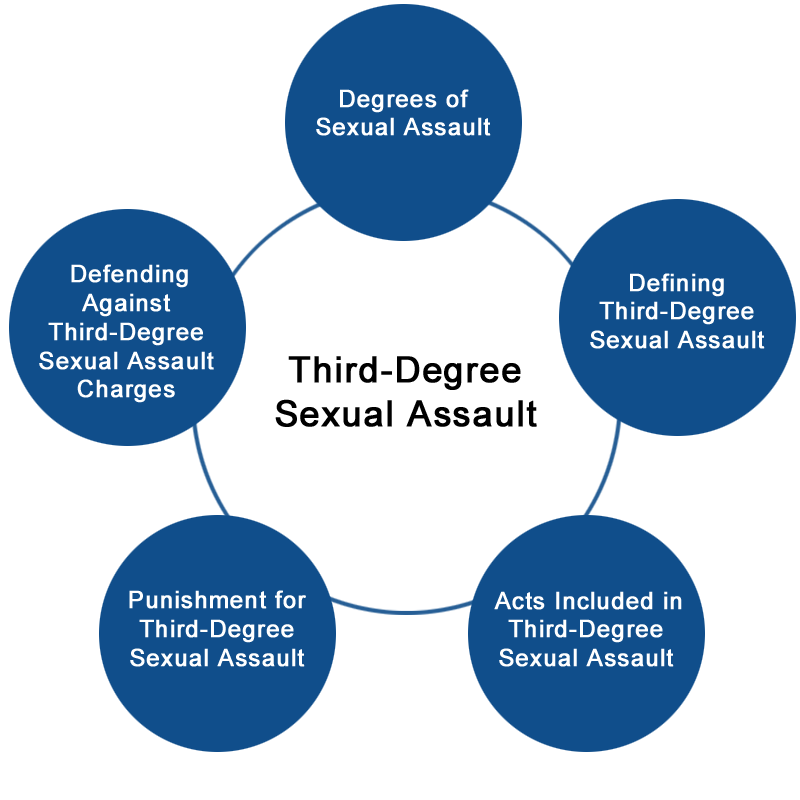Third-Degree Sexual Assault in Wisconsin
 Third-degree sexual assault is considered less severe than first- or second-degree. Knowing the differences between the degrees of sexual assault becomes very important if you are accused of this type of crime. An experienced attorney can explain the different types of charges and the penalties they carry, as well as the details of your case and how it fits within this structure.
Third-degree sexual assault is considered less severe than first- or second-degree. Knowing the differences between the degrees of sexual assault becomes very important if you are accused of this type of crime. An experienced attorney can explain the different types of charges and the penalties they carry, as well as the details of your case and how it fits within this structure.
What Is Third-Degree Sexual Assault?
By definition, third-degree sexual assault includes “any other non-consensual sex” meaning non-consensual sex that is not defined by first- or second-degree sexual assault. The first two types of assault include acts of violence that cause bodily injury, non-consensual sex that results in pregnancy, and any sexual contact with minors. Third-degree sexual assault would include anything that falls outside of those definitions. Third-degree sexual assault also includes ejaculating, urinating, or defecating on someone.
What Is the Punishment for Third-Degree Sexual Assault?
Third-degree sexual assault is a Class G felony (as opposed to a Class B in first-degree sexual assault and Class C in second-degree). The punishment could mean a $25,000 fine and up to 10 years in prison.
What Can I Do to Defend My Case?
Your lawyer should discuss all of the details of your case with you. Disclose anything you believe may be important, even if you think it might incriminate you. It’s your lawyer’s job to understand the whole picture and what the prosecution might argue.
Accusations of sexual assault are serious and should always be investigated. Sadly, not all sources are accurate or completely true. Tracey Wood and Associates has the experience with sexual assault defense needed to protect your reputation and your future. Contact the attorneys at Tracey Wood and Associates to review of your case.
Call (608) 490-5779 or Schedule a Free Case Evaluation Online

